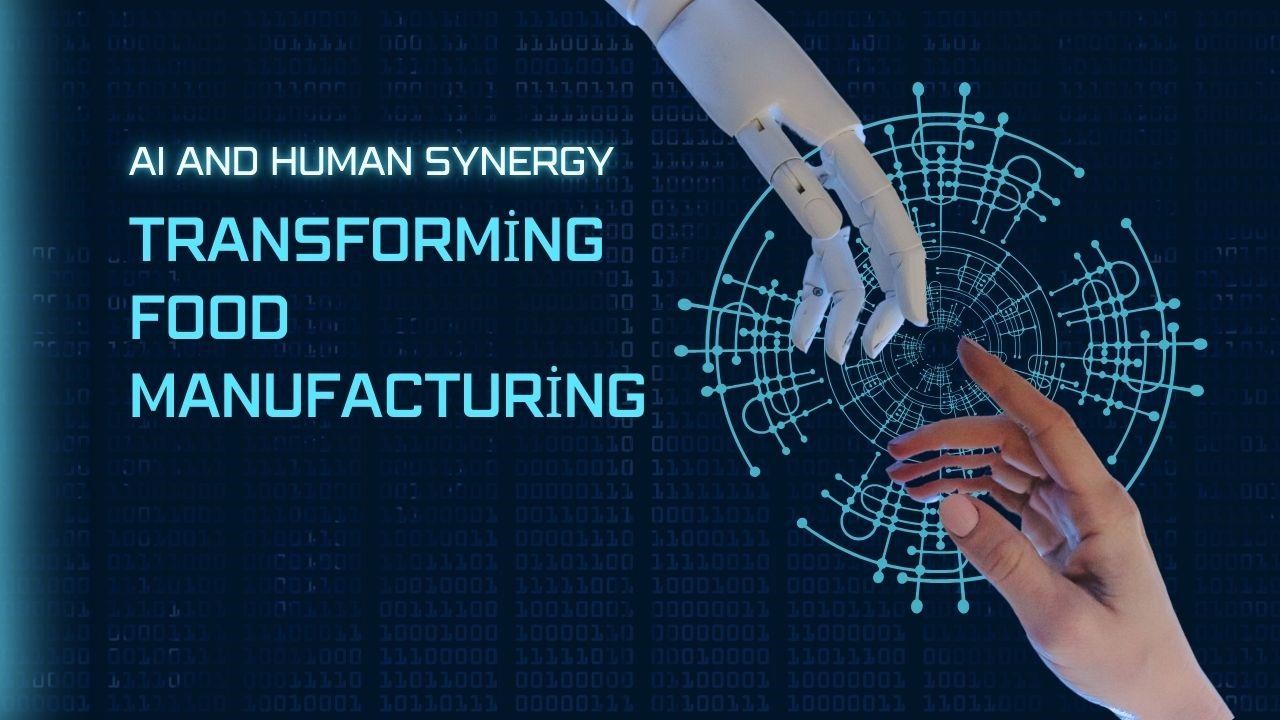AI and Human Synergy: Transforming Food Manufacturing Through Innovation
In the dynamic landscape of food manufacturing, the integration of artificial intelligence (AI) is reshaping traditional practices, bringing about remarkable changes in data security, supply chain management, and regulatory compliance. Swathi Priya Karthikeyan delves into this transformation, emphasizing the synergy between AI technologies and human expertise. This partnership not only addresses complex challenges but also paves the way for operational excellence, fostering safer and more efficient food production processes. By combining AI’s analytical power with human insight, the industry is setting new benchmarks for quality and resilience in an ever-evolving market.
Securing the Supply Chain
The global food supply chain is increasingly complex, involving multiple countries and countless stakeholders. AI algorithms play a pivotal role in ensuring product integrity and traceability by analyzing diverse data sources like supplier records, sensor data, and historical trends. These algorithms identify anomalies that may indicate contamination, adulteration, or fraudulent activities, flagging potential risks for further investigation by human experts.
Human intervention is crucial in validating these AI-generated findings. For example, when an AI system identifies an anomaly in supplier data, human experts assess the circumstances, communicate with stakeholders, and determine the appropriate corrective actions. This hybrid approach ensures a robust security framework, enhancing traceability, reducing the risk of food fraud, and building consumer trust.
Predictive Maintenance
AI-driven predictive maintenance systems are revolutionizing equipment management in food manufacturing facilities. By continuously monitoring equipment health through sensors, these systems detect early signs of malfunction and predict potential failures. This proactive approach allows for strategic scheduling of maintenance, minimizing disruptions and reducing downtime costs.
While AI processes vast data and identifies potential issues, human maintenance teams are essential for interpreting alerts, conducting physical inspections, and executing repairs. This collaboration between AI and human expertise leads to more consistent equipment performance and higher product quality. The future holds even more promise with integration into augmented reality for guided repairs and the use of digital twins for accurate simulations.
Compliance and Regulatory Adherence
Regulatory compliance in food manufacturing is a complex, ever-changing landscape. AI-powered compliance solutions automate data collection, analysis, and reporting, reducing human error and ensuring real-time monitoring of critical control points. Natural Language Processing (NLP) algorithms parse regulatory documents, extract relevant information, and assess compliance status, helping manufacturers stay ahead of evolving standards.
Human experts play a vital role in interpreting AI-generated results, addressing discrepancies, and implementing corrective actions. This synergy between AI and human expertise enables food manufacturers to navigate complex regulations more efficiently, reduce compliance risks, and maintain high standards of safety and quality.
Data Security and Governance
With the growing digitization of manufacturing processes, data security has become paramount. AI-based cybersecurity platforms use techniques like anomaly detection, encryption, and behavioral analysis to protect sensitive information. They continuously monitor network traffic, detect subtle anomalies, and strengthen encryption protocols to safeguard against cyber threats.
Human cybersecurity professionals complement these AI systems by developing security protocols, monitoring network activity, and responding to security incidents. This partnership ensures comprehensive data security and governance, fostering accountability and transparency within the organization. Future advancements may include integrating blockchain technology for enhanced data integrity and automated compliance updates.
Continuous Improvement Through Feedback Loops
AI and human collaboration in food manufacturing create a virtuous cycle of continuous improvement. AI systems analyze operational data, identify inefficiencies, and provide actionable insights for optimization. Human operators and managers then refine processes, enhance product quality, and drive efficiency gains based on these insights.
This iterative process stimulates innovation and allows food manufacturers to stay ahead of market trends. As AI technologies evolve, we can expect more advanced applications like AI-driven autonomous quality control systems and end-to-end optimization of production processes.
In conclusion, the partnership between AI technologies and human expertise is driving a transformative wave in the food manufacturing industry. Swathi Priya Karthikeyan underscores how this synergy is not only addressing current challenges but also enabling the industry to adapt and thrive in a rapidly changing environment. By leveraging AI for supply chain security, predictive maintenance, compliance, and data governance, food manufacturers are achieving unprecedented levels of efficiency and safety. As AI continues to evolve, this collaborative approach will remain pivotal in setting new industry standards, ensuring resilience, and fostering continuous innovation.

